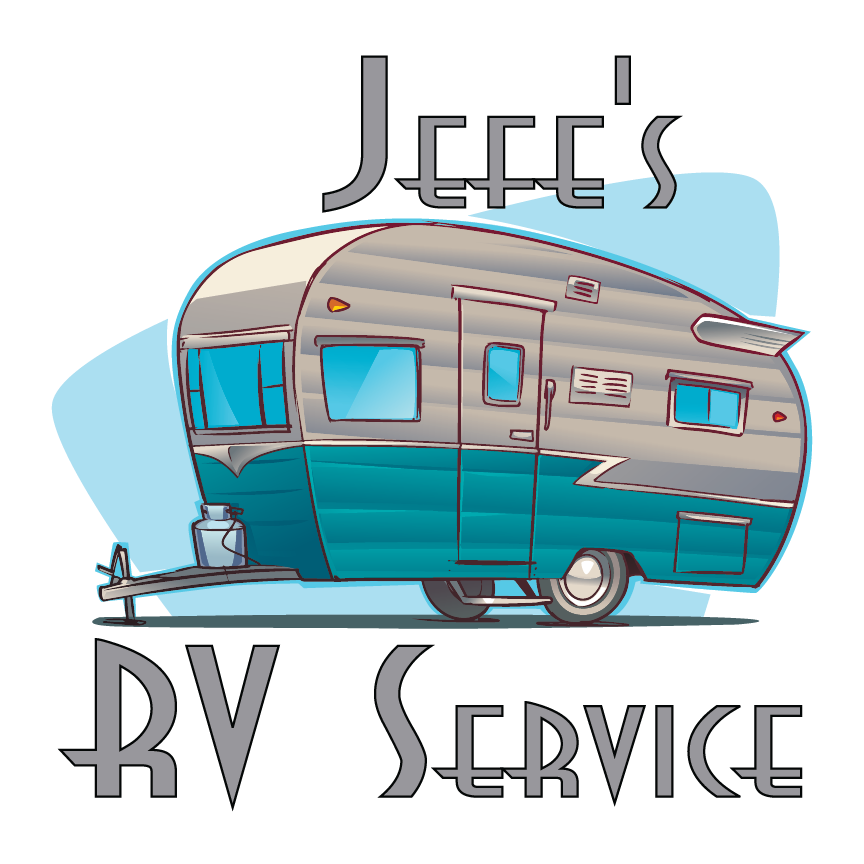RV News, tips, & tricks
More and more people are using RVs/motorhomes for their vacation vehicle, and there are a lot of advantages to it. Replacing the travel trailer and fifth-wheel, RVs could be the right choice for you and your family. There are some things that could make a motorhome the right (or wrong) choice for you.
What are some of the pros and cons of traveling in a motorhome? Let's take a look at a few of the advantages of traveling by RV, and then we'll take a look at some of the disadvantages too.
